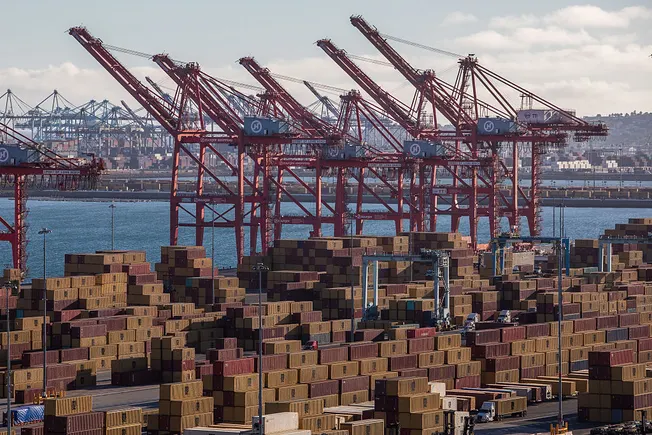
This sound is produced automatically. Please let us know if you have feedback.
Dive brief:
- According to a review of the 2025 CEO, KPMG in September, uncertainty about tariffs and economics leads to production CEOs to prioritize the resistance to the supply chain and artificial intelligence investment.
- Among the 400 leaders studied, 63 % of the manufacturing managers said that the challenge challenges, including disruption to global supply chains, prevent their ability to innovate on scale.
- Despite the innovation challenges, 68 % of the CEOs reviewed the AI as their investment priority for their organization, and 69 % plans to spend up to 20 % of their budget for artificial intelligence by next year.
Dive insight:
“The uncertainty in the operating environment of the trade is” very long and very long for manufacturers, “said Brian Higgins, leader of the KPMG Industrial Manufacturing sector. “The uncertainty of economic policy has been at least difficult to say.”
Tariff uncertainty Weak demand The production sector signed for the seventh consecutive month in September, as measured by the Index of Management Management Managers, and companies have announced a decline in orders due to weight gain in exports.
But manufacturing managers are sitting on the sidelines and waiting for better time. Haggins said they are flexing the “front and center” supply chain, pointing out that manufacturers are using various ways to protect against the supply chain dangers.
Some of them are refining or negotiating with suppliers to include tariff costs. Others use dynamic pricing or financial protection. Some manufacturers are looking to move or deformity to improve their supply chains. General Motors, for one, intends to Spend more than $ 10 billion Over the next two years, more than their production on the beach and other companies have made their main obligations.
Higgins noted that the supply chain reconstruction is less than financial engineering. Chain changes take time and can be accompanied by higher cost of labor or preliminary capital to expand production capacity. According to Dan Constraine, a partner at the Crowell & Moring International Law Institute, despite repeatedly fluctuating tariffs, a long -term investment may not mean many jobs.
“It is very difficult to make a change in supply chains without knowing exactly a year,” said Cannistra.
In fact, only 18 % of the production managers in the KPMG poll as the supply chain reset among their main priorities. “There is a little waiting approach,” Higgins said.
Because manufacturers focus on efficiency by increasing tariff costs-and one way to do this through automation and artificial intelligence. Jobs in the next step of producing artificial intelligence, which include large models of language and chat daddy, have taken the AI of the agent, where robots automatically perform actions or tasks based on guidelines.
The KPMG study showed that many CEOs expect representatives of artificial intelligence to be in their organizations and manage the leaders of several artificial intelligence factors as part of their roles. More than half (54 %) of the manufacturing CEOs examined that AI significantly improves efficiency or growth.
Higgins pointed out that preparation is especially for artificial intelligence. Artificial intelligence can help design and manage contracts as well as prevent the leakage of contract value, where the potential value of a real value contract is different due to incomplete management or implementation.
Higgins also see the promise of artificial intelligence for planning and predicting the manufacturers as well as in the production class.
“Automation, artificial intelligence, humanitarian, robotic – that is very needed,” Higgins said.
Managers of the manufacturing agents recognize that artificial intelligence investments are accompanied by some of the costs ahead, but they expect to see investment returns within one to three years in each KPMG review
